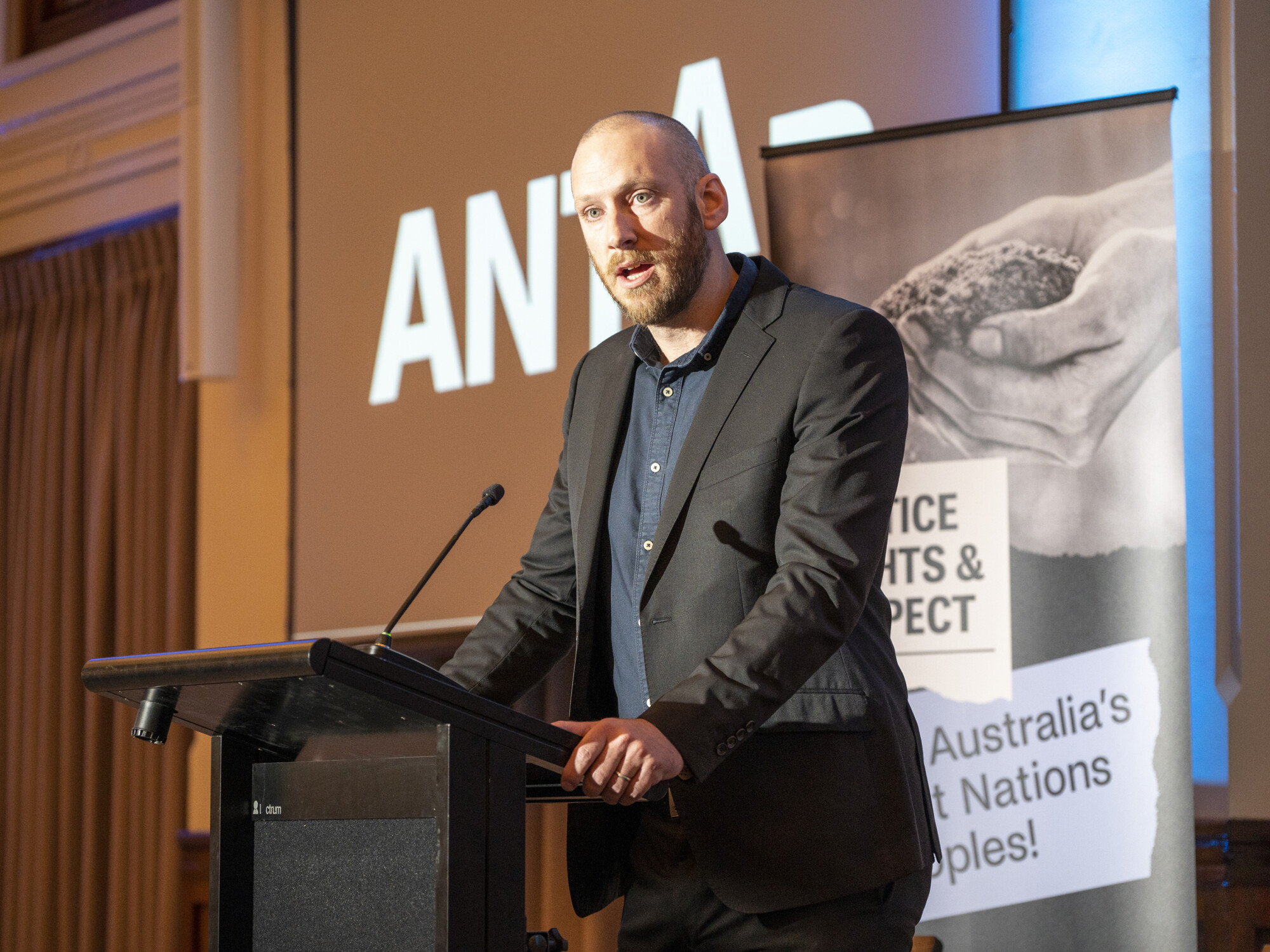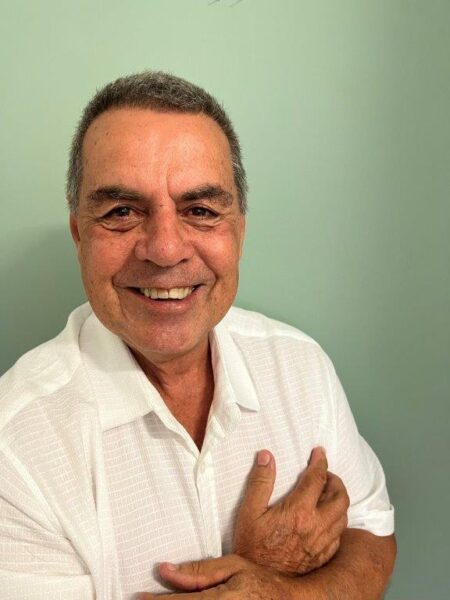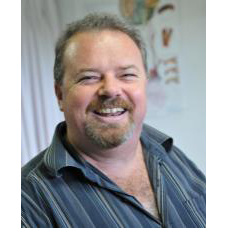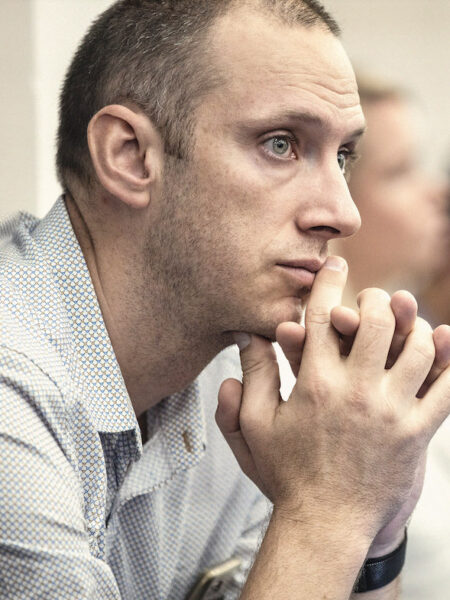As far as I know, First Nations peoples of this continent never measured time the way we do. There was no need to mark the thousands and thousands of years, generation after countless generation that owned and managed the earth from Arnhem Land to Lutruwita. Seasons came and went, people learnt from their elders and together they built the longest continuing and one of the most successful societies in the history of human existence.
Time was on my mind when I reflected recently that it is now (already) 15 years since Kungarakan man and former Social Justice Commissioner, Tom Calma, in his annual Social Justice Report to Parliament, made the historic appeal that:
…the governments of Australia commit to achieving equality of health status and life expectation between Aboriginal and Torres Strait Islander and non-Indigenous people within 25 years.
Using our own concept of time to raise our urgency for action, Tom spoke in terms of time taken, in lives not lived, in time robbed from family and community and he set us a time to change – 25 years, a generation – to fix what we had broken.
It was 15 years ago this year that Tom Calma re-stated what Aboriginal and Torres Strait Islander leaders had been saying for decades before – that our concepts of time, our conceits of superior management, of technical sophistication and scientific knowledge, had led to First Nations peoples living upwards to 2 decades less life that non-Indigenous peoples. Or as Pat Turner, Gudantji-Arrernte woman and senior leader said this time last year:
The lack of progress under Closing the Gap is the lived reality of our people on the ground everyday. They are being robbed of living their full potential. Sadly, attending the funerals of people in our community – including increasingly young people taking their own lives – is all too common.
When the Governments of Australia, through COAG, first responded to Tom Calma’s challenge, they didn’t consider Aboriginal and Torre Strait Islander culture. They didn’t take the time necessary to engage with and understand what Aboriginal and Torres Strait Islander people would do about their own health. Rather, with the best of intentions, it was another Western fix. With the accompanying timeframes, plans, budgets, measures and statements. The idea of ‘doing with, not doing to’ hadn’t been understood or adopted.
The Close the Gap Campaign’s 10-year Review (2018) of the Government’s Closing the Gap Strategy stated in one of it’s findings that:
…the Closing the Gap Strategy – a 25-year program – was effectively abandoned after five-years and so cannot be said to have been anything but partially implemented in itself.
It has taken time for these lessons to sink in. Time that has continued to be too short for families that grieve those that die years earlier than they should. The short-term, short-sighted and untested and unapproved strategies of Government always go the same way in the end.
ANTaR has stood with our Aboriginal and Torres Strait Islander family, friends and colleagues that have been unwavering in their fight for health equality in one of the richest nations on earth.
It has been an honour for ANTaR to work with First Nations peak organisations and other like-minded health and advocacy organisations for the last 15 years on the Close the Gap Campaign. It has been the work of this Campaign to make sure that the Australian people and particularly our government are without excuse. No one can say they don’t know. No government can say that they are unaware of the policy failures and human tragedy that is happening in Australia on their watch.
15 years, a micro spec of time in the aeons that have passed in the human history of this continent but a lifetime for many that are the victims of a health system that is systemically racist. We won’t let them forget. Culture is the determining factor in how societies consider Time. It is Culture that evolved over what we now think may have been at least 60,000 years that led to First Nations peoples being described by the first Europeans to see them as lean, strong and healthy. This was one of the outcomes of their culture.
We are approaching National Close the Gap Day for 2020 (Thursday 19 March) and we will continue to call out the failures and highlight the green-shoots of success where Aboriginal and Torres Strait Islander health peaks, services and their allies are slowly turning the tide. First Nations peoples have the answers to their own health needs, we need to support those solutions in true partnership – or at a minimum, get out of the way.




